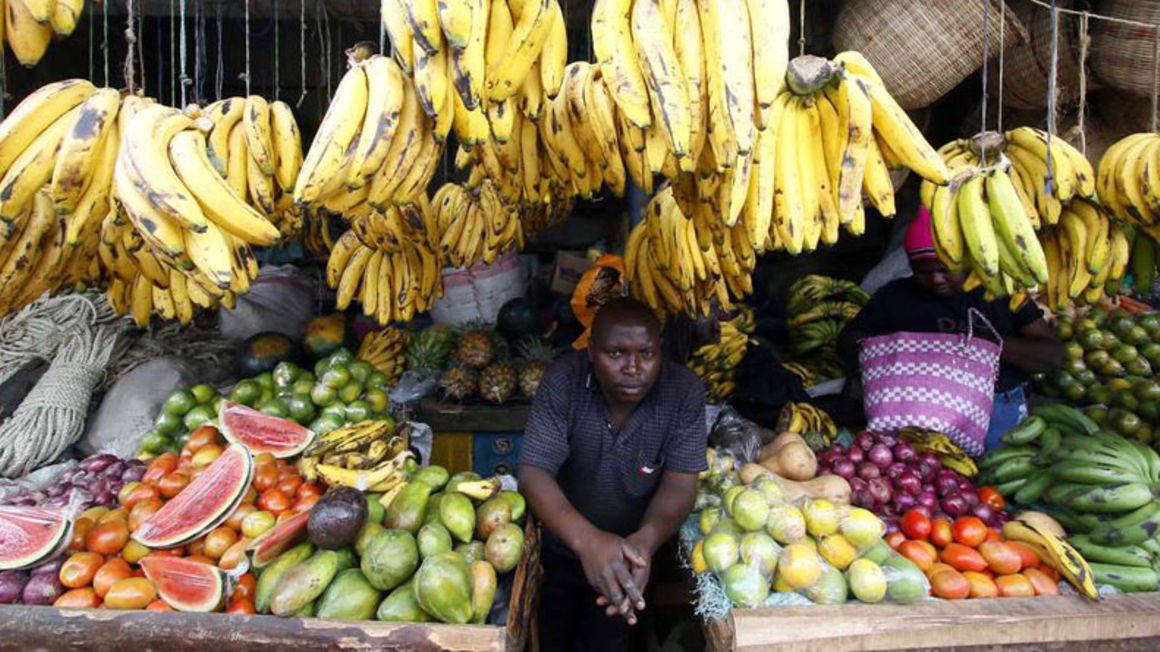A trader at his grocery store at the Top Market in Nakuru. FILE PHOTO | NMG Kenya’s inflation rose to a 16-month high in June largely on the back of increased cost of basic foodstuffs and fuel, the Kenya National Bureau of Statistics (KNBS) report shows.
Inflation — a measure of changes in the cost of living year-on-year — climbed to 6.32 percent from 5.87 percent in May, signalling a painful cost pinch on the budgets for households and businesses amid Covid-19 knocks on earnings.
The rise in the indicator for cost of living was the highest since 7.17 percent in February 2020. This will pile pressure on businesses, which are battling depressed sales, while a considerable chunk of private sector workers has been slapped with pay cuts as their counterparts in the public sector workers face a pay raise freeze for two years.
Households and businesses consuming 200 kilowatt-hours (kWh) spent Sh187.73, or 3.95 percent, more to Sh4,940.05 in June compared with May, while those using 50 units of power paid Sh46.93 or 5.61 percent, more.
The higher power bills came at a time fuel surcharge, based on the share of fuel-powered generators in the electricity mix, increased from Sh2.92 kWh, or unit, in May to Sh3.63 in June — the highest level since May 2019.
KNBS data further shows petrol prices went up by Sh0.77 per litre to a record Sh127.98 in June compared with May, with motorists now paying Sh37.64 more than Sh90.34 they spent on a litre a year ago.
The pain was felt in the cost of transportation which edged up 0.28 percent month-on-month despite the Treasury spending Sh1.43 billion to compensate oil marketers for keeping diesel and kerosene prices stable.
The food and non-alcoholic drinks index, which account for a 32.91percent weight in the basket, increased 0.35 percent between May and June.
“The increase in Food Index was mainly attributed to increases in prices of some food items, which outweighed the decrease in prices of other foodstuffs,” said NBS managing director Macdonald Obudho said in a statement.
